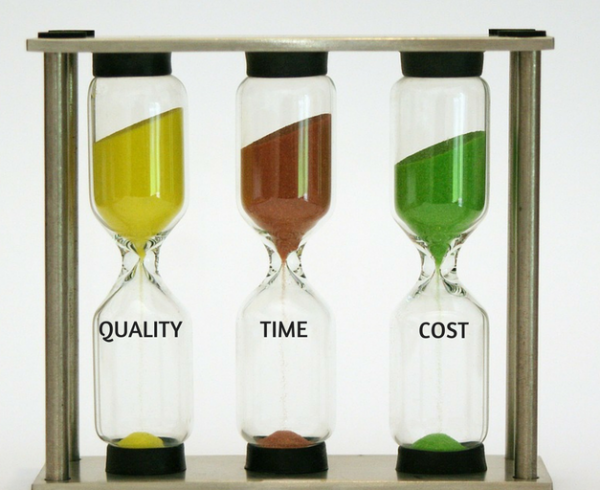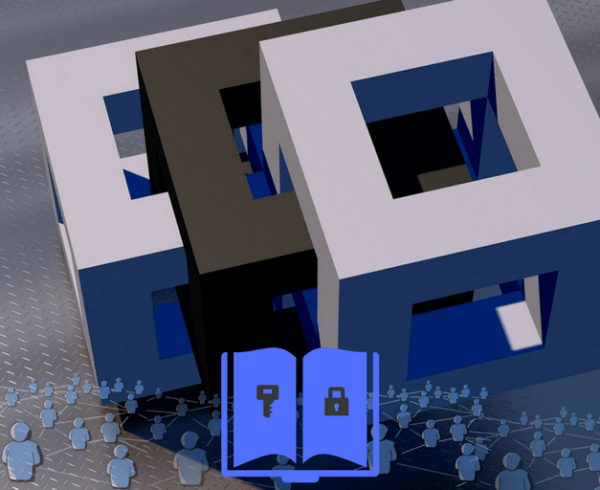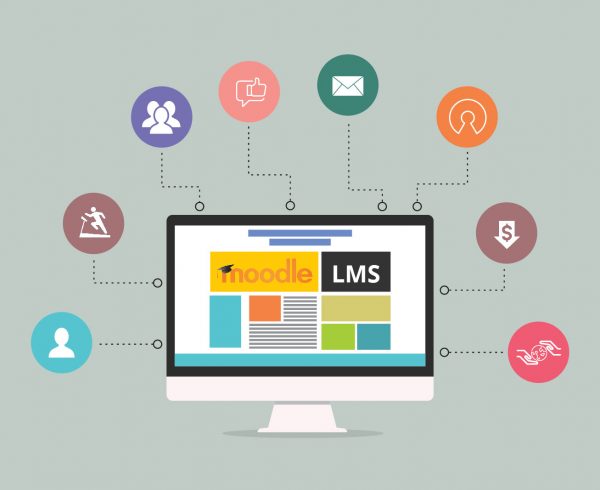Publications constitute the essential means of communication in science. Although the electronic age has, in general, made the publication process easier and much faster, optimizing the structure of a scientific publication requires a completely different set of skills, proficiency, and best practices.
These best practices represent a set of fixed criteria and scientific publication guidelines along with the roles of key people involved in the process, from both ethical and operational points of view. The main aim of adopting these best practices in a scientific publication is to contribute strongly to the consolidation of different areas as fields of scientific knowledge.
Table of Contents
What are the scientific publication guidelines best practices?
1. Transparency
Scientific publishing process should use a transparent electronic management system for the editorial process, ensuring uniformity, agility, standardization, and traceability. Further, the first page of each article should include complete bibliographic information along with information regarding copyright and editorial processing history, including revision, receipt date, acceptance, and availability on the website.
Apart from this, there needs to be a clear definition of all the requirements and procedures for the choice of roles and responsibilities of all stakeholders involved, such as editor-in-chief and associate editors of members of the scientific/editorial policy board.
2. Originality
Another important thing in scientific publishing is the need for originality. All published content must be original, which means that it needs to be ensured that the content has never been published before in any other way, except in conference annuals.
Likewise, dissertations and theses must be verified that the author of the said work is necessarily the author of the article, even allowing the provision for the insertion of other authors.
When it comes to articles with previous publications in conference annuals, only the ones containing substantial advances concerning the version presented in the events should be published. It should be explicitly mentioned on the article’s first page, even in the case of fast-track publishing.
3. Ethics in Scientific Publication
Another important area to take care of in scientific publication is the verification of any kind of similarities with existing published work. It should ideally be done during desk review, and the work should be rejected if there is any occurrence of plagiarism.
Also, any kind of fees charged by the journal for editing and/or publication should be mentioned to the author(s) right at the time of manuscript submission for evaluation to avoid conflicts at a later stage.
4. Authorship
When it comes to authorship in scientific publication, it must reflect an individual’s contribution to a publication. It should ideally denote their significant scientific or intellectual share in the development of the publication.
The idea here is to follow general as well as disciplinary authorship standards when communicating through scientific publications. This translates to describing the roles and contributions of all authors and maintaining a degree of transparency when communicating with policymakers, researchers from other disciplines, and the general public.
The authors of a scientific research article or other communication also must ensure that all the press releases and similar institutional documents describing the particular work are factually accurate, updated, and unexaggerated. For this, researchers should work in collaboration with their institutional media affairs team to avoid unfounded claims and reveal various aspects (both positive and negative) of scientific research results.
5. Information Standardization
Information standardization is a critical element of scientific publication. This means to include in the footnotes of each page a properly and summarized bibliographical legend (volume, journal name, article pages) and the logo of the creative common license.
Also, the top of each page should have alternate author name(s) and article title, along with identifying authors and assigning a digital object identifier to all published manuscripts.
6. Institutional and Authorial Multiplicity
Scientific publication requires the editorial process to be shared unbiasedly between researchers and teachers belonging to diverse institutions in a way that avoids conflict or the creation of a proprietary journal, that is, one produced mainly by people affiliated with a specific institution.
It is also important to keep in mind that each year, the total share of scientific articles/publications originating from one single institution should not be more than 15% of the total number of published articles. Additionally, irrespective of the author’s position, there shouldn’t be more than one article published by one author.
7. Diligent Data Handling
Diligent and effective record keeping and data management are crucial to any scientific publication. This includes everything from undertaking research, collating data, and complete sharing of data/models/code when publicly reporting results.
The need is to manage scientific research data in a very effective, responsible, and transparent manner throughout the research process. This includes giving open and free access to research models, data, code, and underlying reported results to the maximum extent possible, keeping in line with various disciplinary standards, publishing policies, and all relevant laws and regulations (such as those related to intellectual property).
The best strategy here is to develop a robust data management and sharing plan at the outset of a project. Once done, try to incorporate appropriate data management expertise in the team and understand/ follow all the data collection/ sharing standards, different policies, and regulations of the discipline, journal, institution, and relevant government agencies.
In Conclusion
Scientific publications are gaining a lot of importance in multiple areas of policy-making, including education, environmental protection, economic development, public health, and many other areas. Following the above-mentioned best practices in scientific publication ensures maximum accuracy concerning data. This is true for both database-related reporting and bibliometric purposes, thus increasing the visibility of data and the impact for the greater benefit of authors.
At Hurix, we provide scientific publishing services, helping authors publish their research to a wide audience.
Need to know more about our Products & Services? Drop us a Note.











